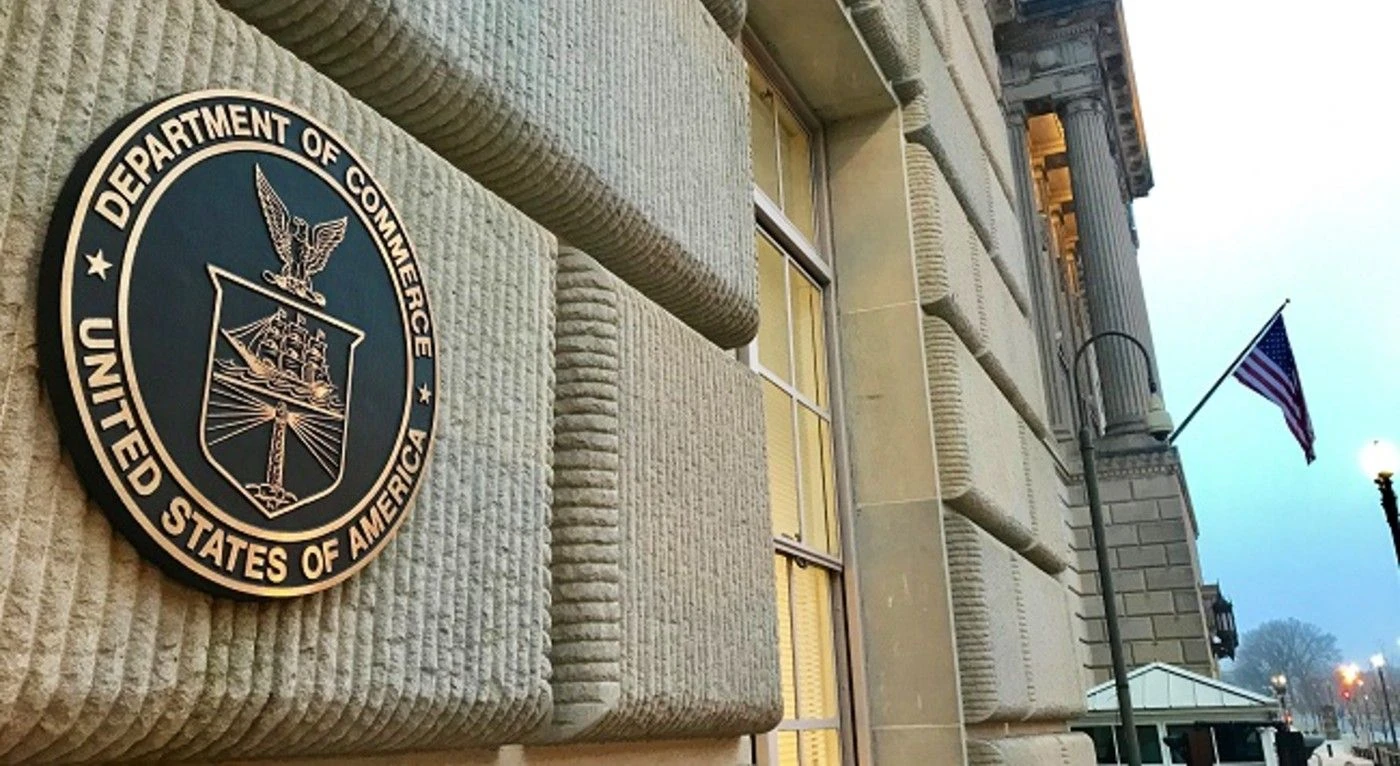The US Department of Commerce’s Bureau of Industry and Security (BIS) has granted Huawei a fourth temporary extension, allowing the company to to trade with US-based companies until 15 May.
The BIS is also asking for public comments on whether there should be more extensions in the future. Companies have until 25 March to get their comments in. BIS blamed continued telco reliance on Huawei kit for their rural networks for the 45-day extension.
Almost immediately after it was placed in the Entity List last year, Huawei was granted the extension for the first time. This was set to expire on 19 August, which was when the company was given another 90-day extension. The last time was in November, where it got another 90 days. The latest extension is only slightly over 60 days.
Despite the four extensions Huawei has been given, things remain fundamentally constant in that while the extension allows the company to trade with US-based companies, this is limited to components that do not pose a “security risk”.
The BIS syas the latest extension highlights that they are trying to find a permanent solution:
The current extension expires on April 1, 2020 and the request for public input by March 25, 2020, demonstrates the Department is trying to find a permanent solution.
Huawei remains on the Entity List, BIS said, because it “poses a significant risk of involvement in activities contrary to the national security or foreign policy interests of the United States.”
Huawei was added to the Entity List after the U.S. government concluded the company poses a significant risk of involvement in activities contrary to the national security or foreign policy interests of the United States, including by engaging, among other things, in alleged violations of the International Emergency Economic Powers Act (IEEPA), conspiracy to violate IEEPA by causing the export, reexport, sale and supply of goods, technology, and services to Iran, and obstruction of justice in connection with the investigation of those alleged violations of U.S. sanctions.



